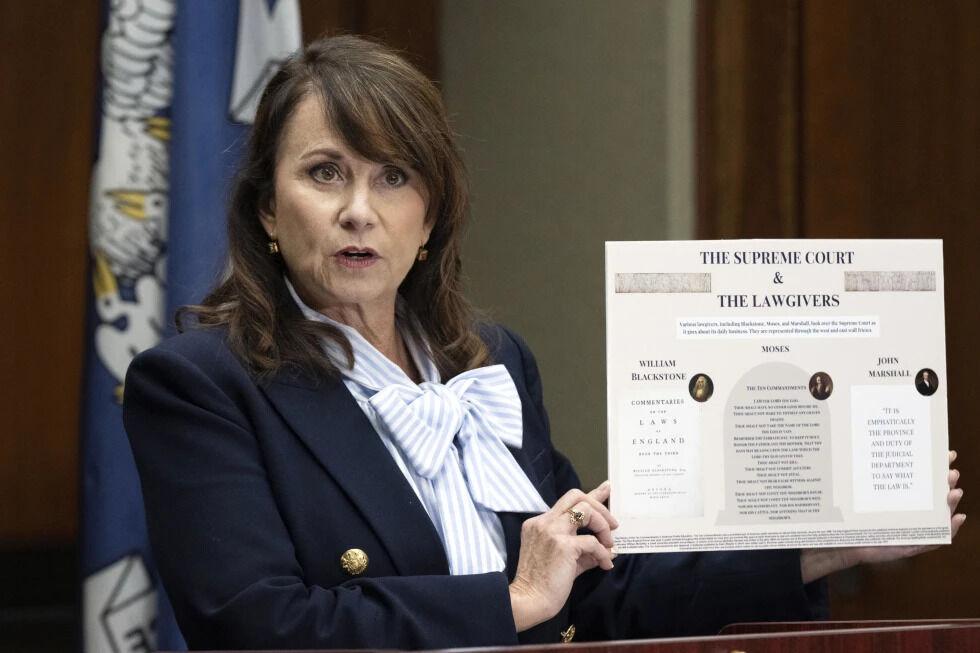The Supreme Court is reviewing the case of two men who feel their rights to due process are being violated. In two separate cases, the “John Doe’s” in question assert their public registration as sex offenders violates both due process and the constitutional promise that counters ex post facto.
We’re all aware of Megan’s Law. In 1994, a repeat offender — a twice-convicted molester — snatched Megan Kanka from her New Jersey home, raped and killed her. And all he had to do was walk across the street.
Now, sex offenders are obligated to be part of a public registry, usually comprised of postcards delivered throughout neighborhoods and an online registry.
The issue in question is whether Megan’s Law is one intended “to be regulatory or punitive in nature” — as CNN correspondent William Mears put it.
The fact is that with a number of sex offenders representing repeat offenders, Megan’s Law is a matter of public safety that needs to be implemented. Furthermore, 80 percent of these sex offenders are people trusted by the families, neighbors and family friends who seem incapable of such a crime. Upon completing jail time, most sex offenders are not going to express their intent to do it again, but who can believe a man or woman with such a deviant mental illness?
I don’t care if you’ve completed jail time and now feel having your name printed as part of a publicly available registry of sex offenders is further punishment — statistically, you are a liability. Not registering sex offenders would be comparable to a doctor not delineating the risks involved with surgeries or treatment. Though surgical risks of death are — for most cases — minimal, there’s no way to tell when something will happen, and every doctor must tell you almost every surgical situation has the potential to be fatal. And just as I’m sure many men who have served time for their offense have no desire to repeat their crime, there is no way of pre-determining who will strike. Furthermore, the day you take a child’s innocence is the day you forfeit your right ever to be considered a decent human being. There’s a reason a lot of these guys don’t make it through prison — not even criminals respect child molesters and rapists.
However, some of the men forced to register statistically are not dangerous. The problem is the system does not outline the specific nature of each registrant’s crime. Rapists and molesters appear on the same list as those convicted of public exposure. So, a drunken college guy dared to expose himself must suffer the same shame and embarrassment as a man who sexually assaults children.
The registry should not be abolished. Any arguments that it violates the rights of the convicted do not take into account the justification of alerting parents and children to potentially dangerous neighbors. The system should, however, be revised to include more information. The registry should be prefaced by statistics and information regarding repeat offenders and characteristics of which to be aware. It also should include specific information about the nature of each registrant’s crime, so the significance of this person’s presence in the neighborhood can be assessed.
Those opposing Megan’s Law label it a “government-imposed stigma” that robs offenders of living a normal life post-sentence. What about the children these men raped, and the stigma these people imposed upon them? The victims’ lives very well may never be “normal” and as for the sex offenders, deviance of this nature leads me to believe they weren’t exactly living a “normal” life prior to their conviction. The day they imposed themselves upon a child is the day they surrendered any respect and consideration given “normal” citizens and a “normal” life thereafter.
Safety first, criminals second
By Jennifer Galjour - Columnist
November 19, 2002
More to Discover







